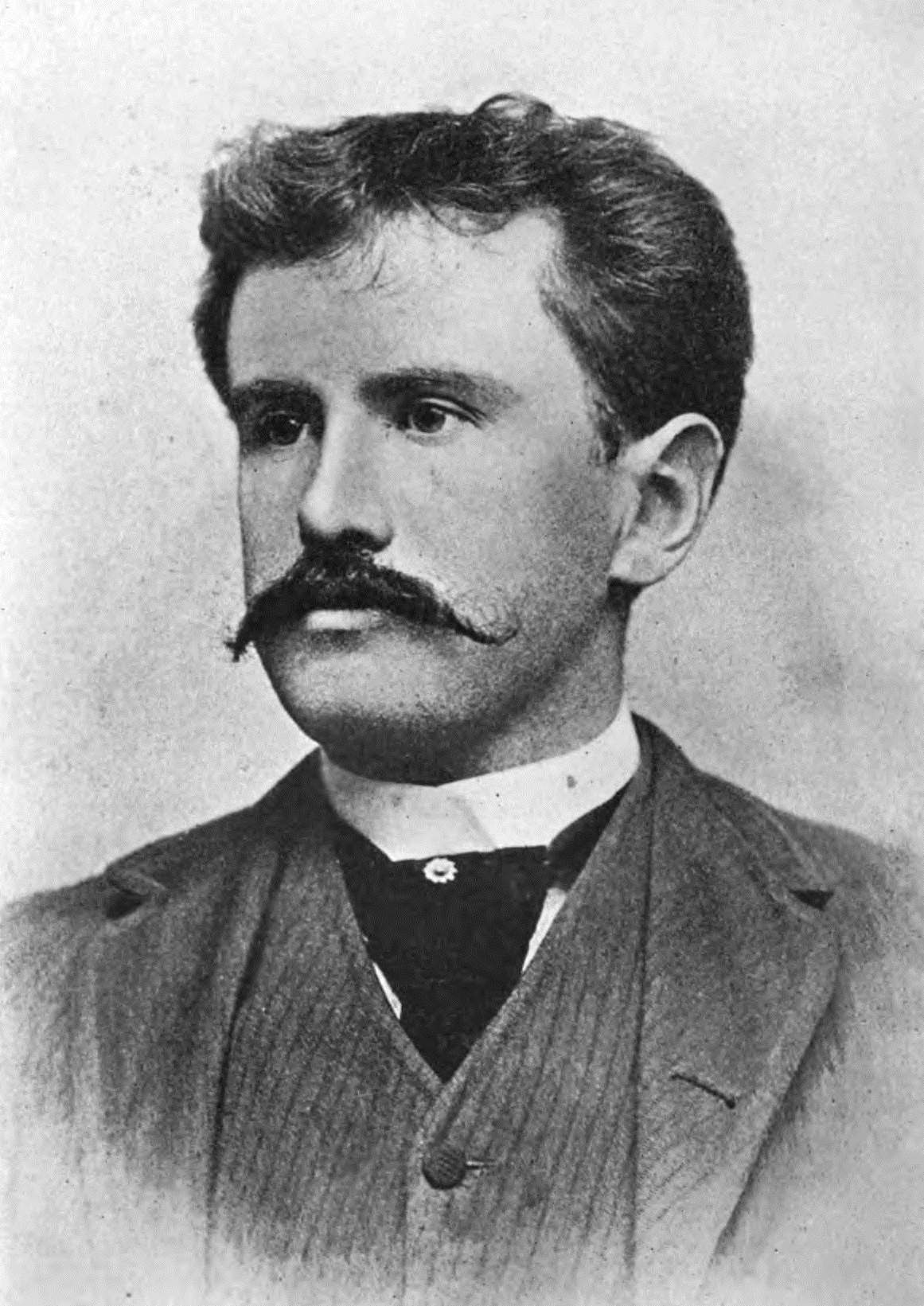Henry, O. (1862-1910), was the pen name of an American story writer, William Sydney Porter. In most of his nearly 300 works of fiction, O. Henry showed his mastery of mechanical plots, which build up to sharp, unexpected endings, as in “The Gift of the Magi” (1905). Most of O. Henry’s stories are sentimental rather than psychologically deep. Yet his sympathy for human weaknesses and the naturalness of his characters make his stories appealing. O. Henry wrote in the language of the common people. 
His works.
O. Henry published about 16 volumes of stories, reflecting his own colorful experiences and those of his associates. The models of some of his best-known characters were criminals and soldiers of fortune, whom he met in Central America and later in New York. His stories usually tell about victims of coincidence or fate. An example is “The Furnished Room” (1904). In this story, a lover seeks his sweetheart, who came to New York for a singing career. He rents a room where he commits suicide after being unable to find the girl. The lover never learns that his sweetheart had earlier killed herself in that same room. The Voice of the City (1908) deals with the loneliness and tragic predicaments of innocent country folk who come to the impersonal city to seek their fortune.
O. Henry’s other works include Cabbages and Kings (1904), The Four Million (1906), The Trimmed Lamp (1907), Heart of the West (1907), The Gentle Grafter (1908), Roads of Destiny and Options (1909), Strictly Business and Whirligigs (1910), Sixes and Sevens (1911), and Waifs and Strays (1917). The Complete Works of O. Henry was published in 14 volumes in 1917.
His life.
William Sydney Porter was born on Sept. 11, 1862, in Greensboro, North Carolina. He left school when he was 16 and worked in his uncle’s drugstore. Then he went to Texas and worked for two years on a ranch. Later he moved to Austin, Texas, where he was a bank clerk for a while. He began to write short sketches, some of which appeared in the Detroit Free Press. In 1894, he bought a paper called the Iconoclast, and renamed it The Rolling Stone. A year later, he moved to Houston, where he wrote for a newspaper.
In 1896, Porter was called back to Austin to stand trial on a charge of stealing funds from the bank. Although he might have been pardoned, he fled to Honduras. When he returned to Austin to the deathbed of his wife, he was arrested and imprisoned for three years. Using various pen names, he wrote and published several short stories while he was in prison. After he was released, he went to New York City, where he worked first as a newspaper columnist and then a short-story writer. He died on June 5, 1910.
See also Short story .
